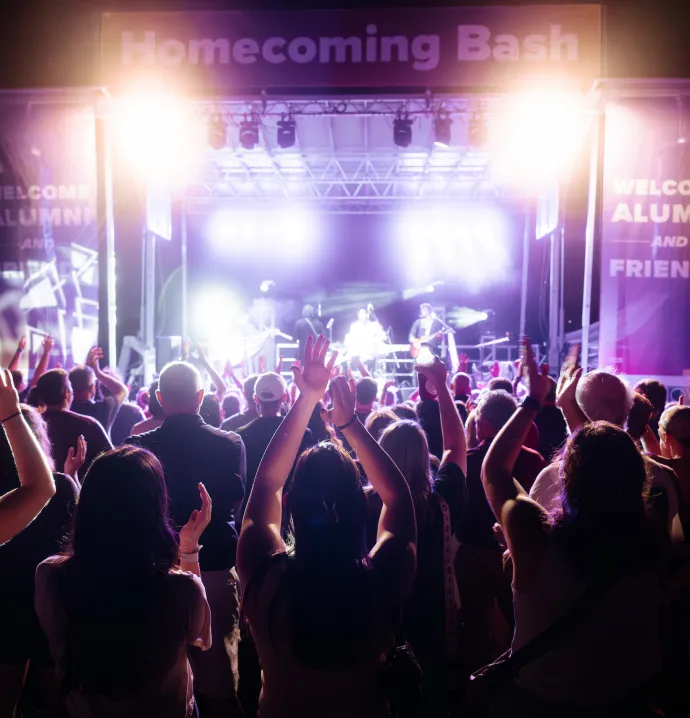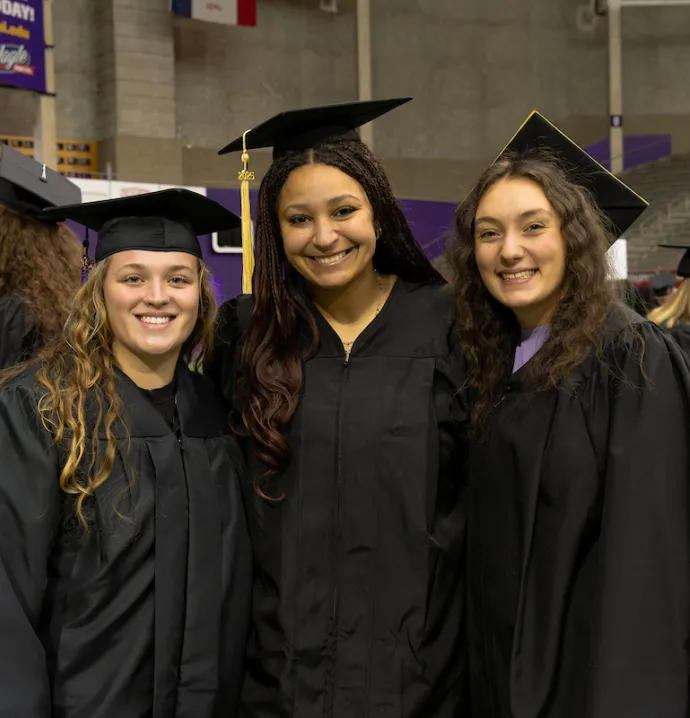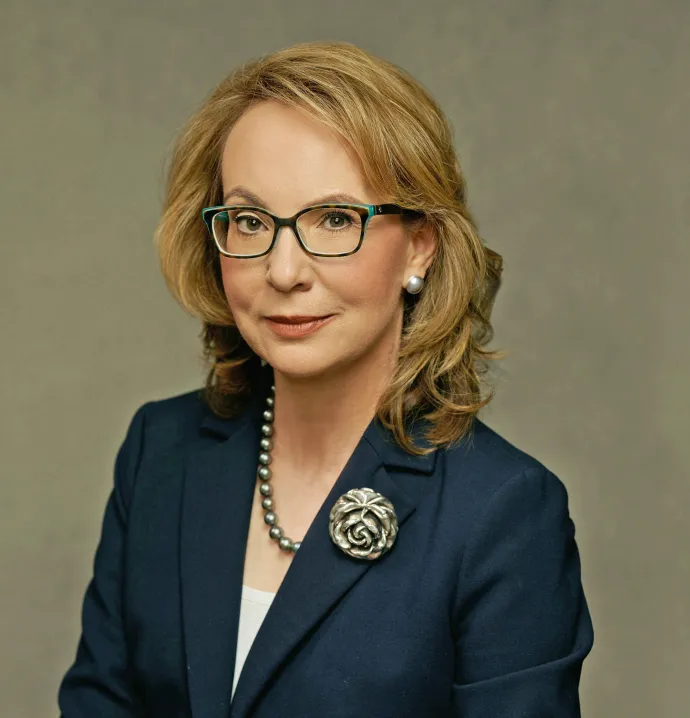History in the making: Rod Library seeks submissions for COVID-19 archival project
History in the making: Rod Library seeks submissions for COVID-19 archival project
When COVID-19 first started making waves in the United States and colleges across the country began moving to online instruction, Jaycie Vos, special collections coordinator and university archivist at UNI’s Rod Library, turned to the university archives for a sense of what was to come. She searched the stacks for information on how the 1918 Spanish Flu impacted campus life at UNI but didn’t find much.
That inspired her to launch a new project to document how the COVID-19 pandemic is affecting daily life throughout the UNI and Cedar Valley communities.
“I was very surprised that there really wasn't a lot. Even though we have yearbooks, we have newspapers [from 1918] … there wasn't a lot of personal, everyday documentation of campus,” said Vos. “When I noticed that lack of documentation from that pandemic, I thought now would be a really good time to proactively collect information about what people are experiencing with COVID-19.”
Vos wants to collect first-hand accounts of how COVID-19 has affected peoples’ personal lives — everything from journal entries, to photographs and videos of how daily life has changed. These could be of use to future researchers who will already know about broad trends like social distancing, remote learning and wearing protective masks in public.
“It'll be easy to find information about what the state of Iowa did in response to COVID-19, but it won't be as easy to find how this one UNI staff member felt when their daily work life was turned upside down,” she said. “No story is too small. This is just such a difficult and unusual moment that's unlike anything that most people alive today have experienced. Knowing what happened, knowing how people responded, how they felt — that's going to matter to future researchers.”
According to Dean of Library Services Theresa Westbrock, a focus on personal stories is important for projects like this.
“This project will help to capture the zeitgeist of this strange time, as it is unfolding on our campus and in our community,” she said. “Capturing personal stories and accounts while they are happening will give future researchers at Rod Library access to the mood of the time, a key part of documenting local history.”
The project aims to showcase a variety of perspectives. Once collected, materials will be available for public access through Rod Library special collections and university archives as part of the library’s mission to gather different perspectives.
“The library's job is to provide all different types of perspectives so people can learn for themselves or make their own judgments,” said Melinda Beland, public relations coordinator for Rod Library. “In the future if people want to know how the world responds to [a pandemic] and how you can better improve from that, then it would be a great thing to hear people's different perspectives, so you can gather for yourself what could be done differently or what was done well.”
Vos hopes the project will also help people feel a sense of connection to the campus community.
“Part of this too, is that people can feel like they're contributing to something and know that even though they're physically isolated, that they're not experiencing this alone,” said Vos. “They're still part of a vibrant UNI and Cedar Valley community that's doing all kinds of things in this moment.”
The primary sources collected in the university archives can help people feel connected to the past — and understand the present as history in the making, Vos said.
“History doesn't happen only from the top-down. I think it's really important to capture what people are experiencing from the bottom-up,” said Vos. “The really powerful thing about any primary source is that it can really help someone relate in a very personal way to something that happened in the past. They can say, ‘I can understand how this person felt and I can see myself connected to that experience even though it was from 100 years ago.’”
People interested in submitting content for the project can do so via this Google Form.




